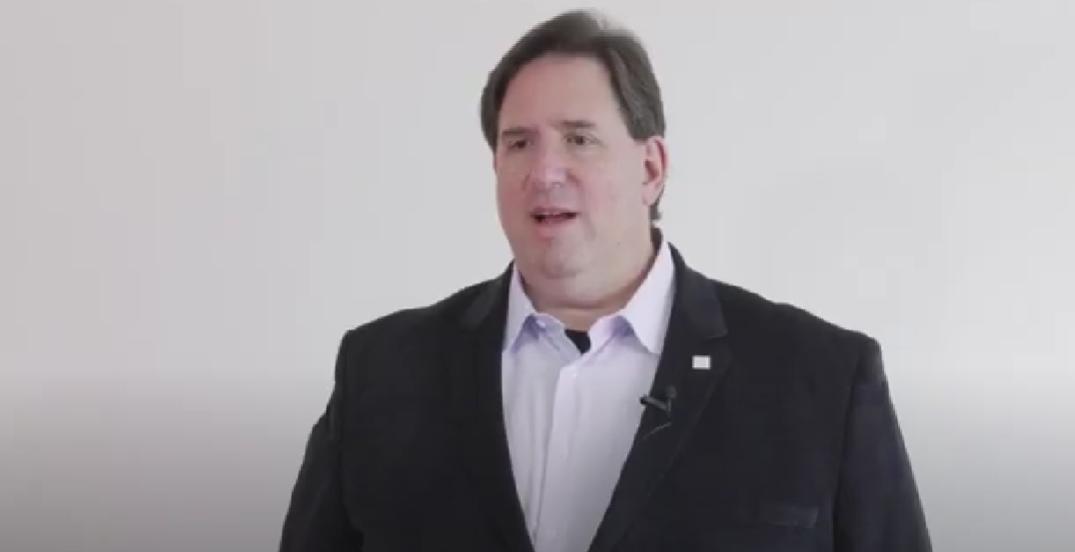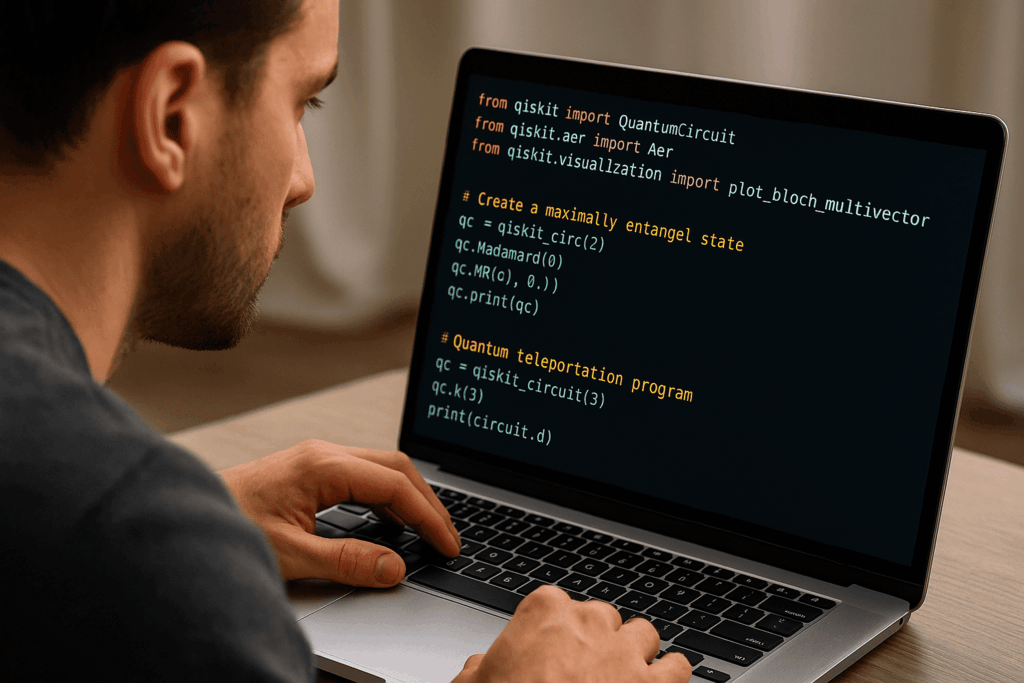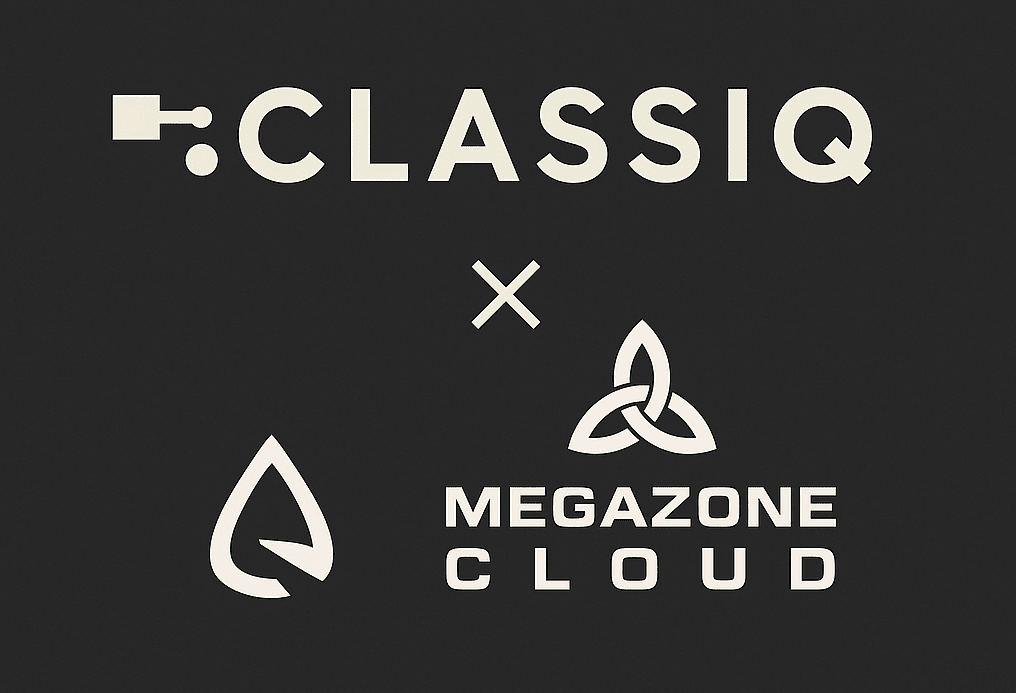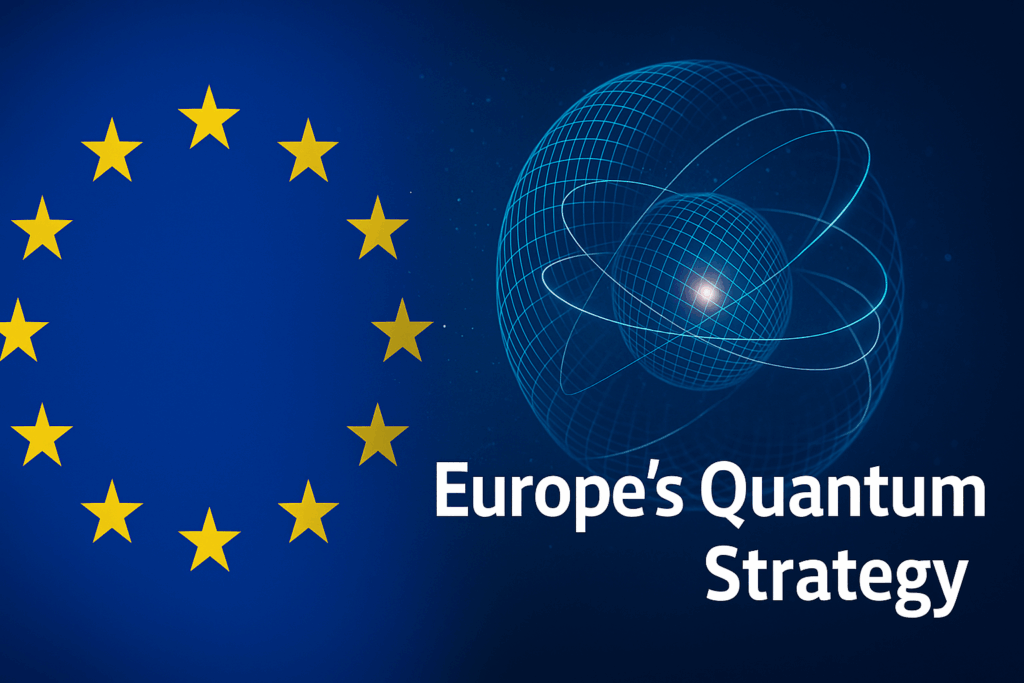Qruise, a Saarbrucken-based quantum startup founded in 2021, develops software that helps scientists and researchers use Machine Learning (ML) tools in their day-to-day scientific workflows. Its first offerings address the growing pains of controlling current generation noisy quantum computers (NISQ devices) and provide improvements in operational fidelities through the use of ML & Quantum Optimal Control.
Last month, Dr. Shai Machnes, the CEO and Co-founder of Qruise, was interviewed by QSolid where he explained the challenges in working with qubits and how they are to be brought under control.
QSolid is a collaborative project of 25 German institutions that are developing a quantum computer with enhanced error correction. The consortium — the largest of its kind in Germany — aims to contribute to making Germany a world leader in the field of quantum technology.
“It’s a startup company that originated from a previous project called OpenSuperQ,” said Machnes, when asked about the origins of Qruise. Machnes is also one of the main people responsible for middle and firmware stack control in the QSolid project. “QSolid is taking care of device characterization control, a bit of cloud interface, things like that.”

Like Snowflakes
Machnes then said that quantum computers are not digital devices but analogue, and that sadly the level at which experts know how to make superconducting qubits at present means they’re like snowflakes.
“Each one is very slightly different,” he continued, “so you need to adapt the controls to each individual qubit. You need to measure each qubit. Each operation you want to do has to be specifically measured and calibrated.”
Machnes explained Qruise is creating a machine learning physicist that essentially joins the team with the physicists in the lab, building the device and taking care of these sorts of tasks for them.
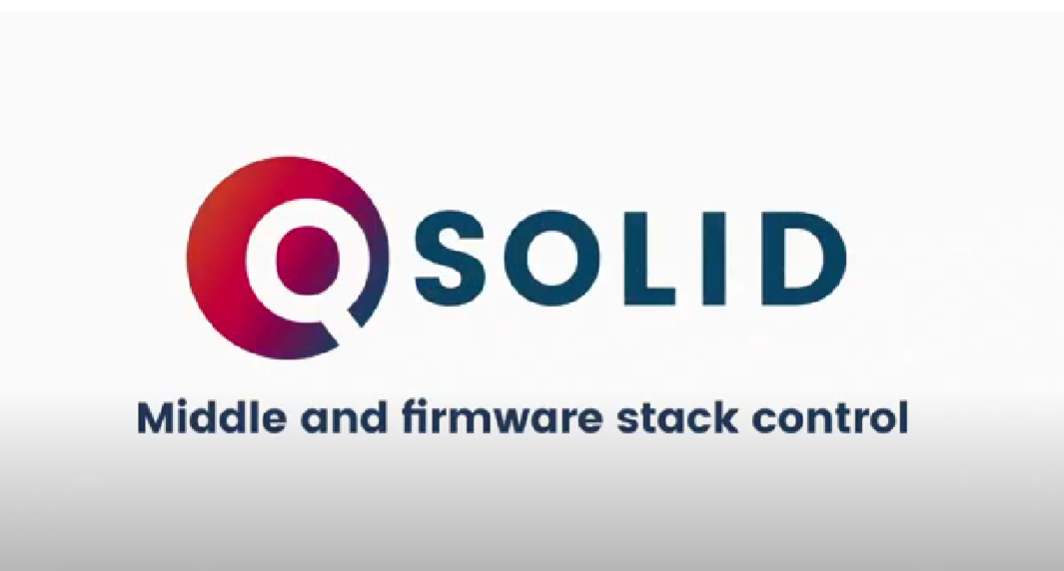
“The work package as a whole we have the control electronics manufacturers, which is Zurich Instruments, Qruise, which is taking care of the software, and then PGI-8, Tommaso Calarco’s institute in Julich, which is taking care of the theory,” said Maches.
Machnes is well aware that quantum computers are exceedingly complicated devices, and though he admits scientists know how to build them, the community doesn’t actually fully understand what’s going on, which means that industry experts don’t fully understand the sources of the limitations and challenges the sector faces right now.
Error Rates
“Our operations have about half or a quarter percent error right now, but we don’t fully understand why,” Machnes went on. “Understanding why is the big challenge, because once we do, we know where to focus our efforts and improve it in the next iteration of hardware. This is how we make progress.”
Qruise’s CEO said that they have an initial version of the software already running.
“There is no QSolid hardware yet, but the simulators, the algorithms are in place and people can start using them, learning, you know, if anything additional is needed,” said Maches. “And then when the hardware comes in, we can apply them to the hardware right away.”
Featured image: QSolid
For more market insights, check out our latest quantum computing news here.

